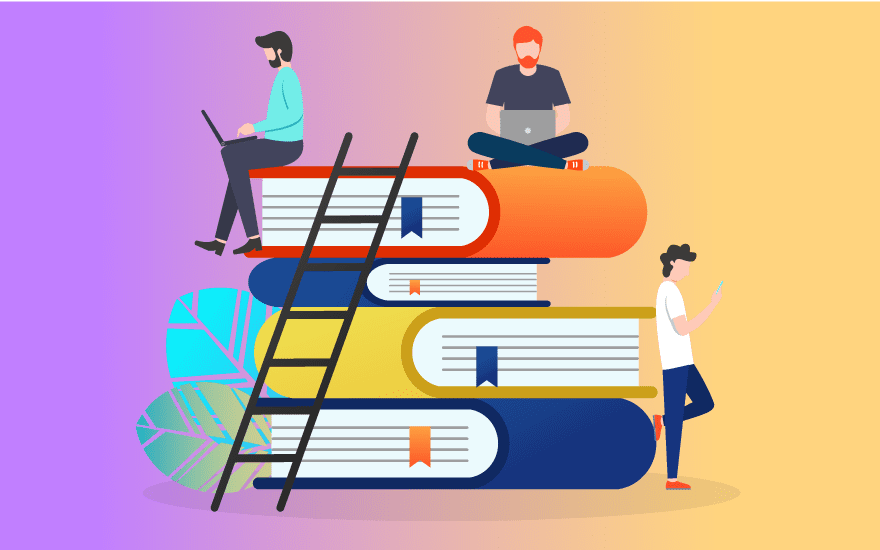The pandemic going around the world undoubtedly has affected every sector, including education. The education of students is essential for the future of the nation and the world. Yet, there are no physical classes, no real communication between the teachers and students, or even the students themselves.
Most of the students don't pay attention in the classes. Either they chat with their friends or are busy binge-watching and playing games. They don't find the course interesting; cameras are switched off, and they don't even fear being caught. With this medium of education, one thing is sure that no sense of knowledge enters their brain. Yet, they pass the exams with flying colours due to google being at their fingertips. Is this even quality education? And if not, how can we expect the students to have a bright future.
The age group 4 to 9 is highly affected by this condition. It is the foundation period of the students, where they learn to communicate and learn about all the subjects' basics. With no peers around, their education is in some way wasted. And if during this period, their foundation gets weak, that can affect their entire life.
Online education is exhausting; it consumes a lot more energy than being physically present. Sitting in front of a laptop for half the day or more drains your eyes. By the end, students get so tired that they don't participate in any other physical activities.
Online classes are less personal, no strong connections of friendships or mentorships are established. Moreover, if a student has doubt, asking the teacher during an online course is more complicated. The teacher can never be sure if the student has understood or not because they cannot look at the student's expressions physically.
Again, there is no sense of boundary. The physical environment of your home is the same as your virtual environment for classes. There is a lot of distraction, and students don't get the sense of being earnest and professional during classes.
Classes are not engaging for the students. At primary level education in school, teachers plan to do a lot of activities. Games, crafts and whatnot. This helps them to learn their concepts, as well as gives them the idea of teamwork. Not just that, they know about things beyond the syllabus. As a result, students are happy, and they love going to school. However, in online classes, at a maximum, there are presentations and videos. Nothing interesting for them, and they don't want to attend the classes.
The use of technology has entered the life of primary students at a very early age. At first, they have difficulties in learning how to access it. However, once they master that, it can be a significant disadvantage because they enter the internet world. The Internet has nothing wrong, but it might lead to early maturity of their brains if not appropriately monitored, which is not correct. Plus, technology is addictive, and these students can grow up to become disobedient, disrespectful and out of control.
In today's time, offline classes can't be restored soon. There are not even vaccines for this age group. So, it will take time for them to return. During this time, it is the duty of both the parents and the teachers to look after their children's mental growth. Teachers should try out everything which they can do to make online learning fun and engaging. They can also have five to ten minutes of one-to-one interaction with a student every two months. This will help them to know their students well. Parents should also pay attention to whether their children are listening or not. If they don't understand something, they should help their children. They should also monitor their ward's internet activity.
It's a matter of patience and time, and we expect that schools will be filled up with the students very soon, but until then, we need to stick to the online mode.









0 Comments